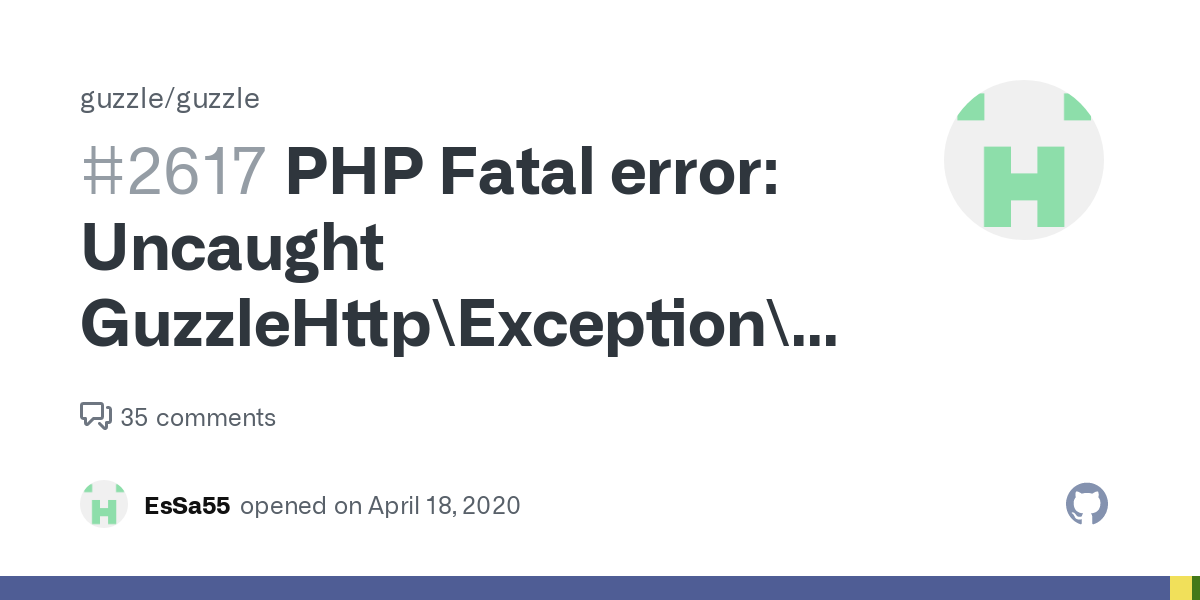Tập tành chọt Drupal 8/9 and Guzzle HTTP client library
4th Jul 2022Making a simple HTTP Get request in Drupal 8 or 9 is super easy thanks to the Guzzle library. This library has been added to Drupal core a long time ago, and it replaced the much less powerful drupal_http_request() function. Let's see how to get some data from the Star Wars API:
use GuzzleHttp\Client;
use GuzzleHttp\Exception\RequestException;
$client = new Client();
$people = [];
try {
$response = $client->get('https://swapi.dev/api/people');
$result = json_decode($response->getBody(), TRUE);
foreach($result['results'] as $item) {
$people[] = $item['name'];
}
}
catch (RequestException $e) {
// log exception
}
Guzzle can also be accessed through the http_client service and the helper method:
$client = \Drupal::httpClient();
Sending a POST request is also simple and easy.
public function sendOrder(OrderInterface $order) {
try {
$response = $this->httpClient->post($url, [
'form_params' => $data,
]);
$response_data = json_decode($response->getBody()->getContents(), TRUE);
// do something with data
}
catch (RequestException $e) {
// log exception
}
}
If you want to log the exception don't use $e->getMessage() because the error message will be truncated. Instead, use this:
$e->getResponse()->getBody()->getContents();
You can also use Guzzle to send files. To send an image file you can do something like this:
try {
$client = new Client(['headers' => ['X-Auth-Secret-Token' => 'my-secret-token']]);
$options = [
'multipart' => [
[
'Content-type' => 'multipart/form-data',
'name' => 'image',
'contents' => fopen($image->getFileUri(), 'r'),
'filename' => basename($image->getFileUri()),
],
],
];
$response = $client->post($api_base_url . 'api/v1/images', $options);
}
catch (\Exception $e) {
// log exception
}
In this case, the $image variable is an instance of Drupal\file\Entity\File class.










Add new comment